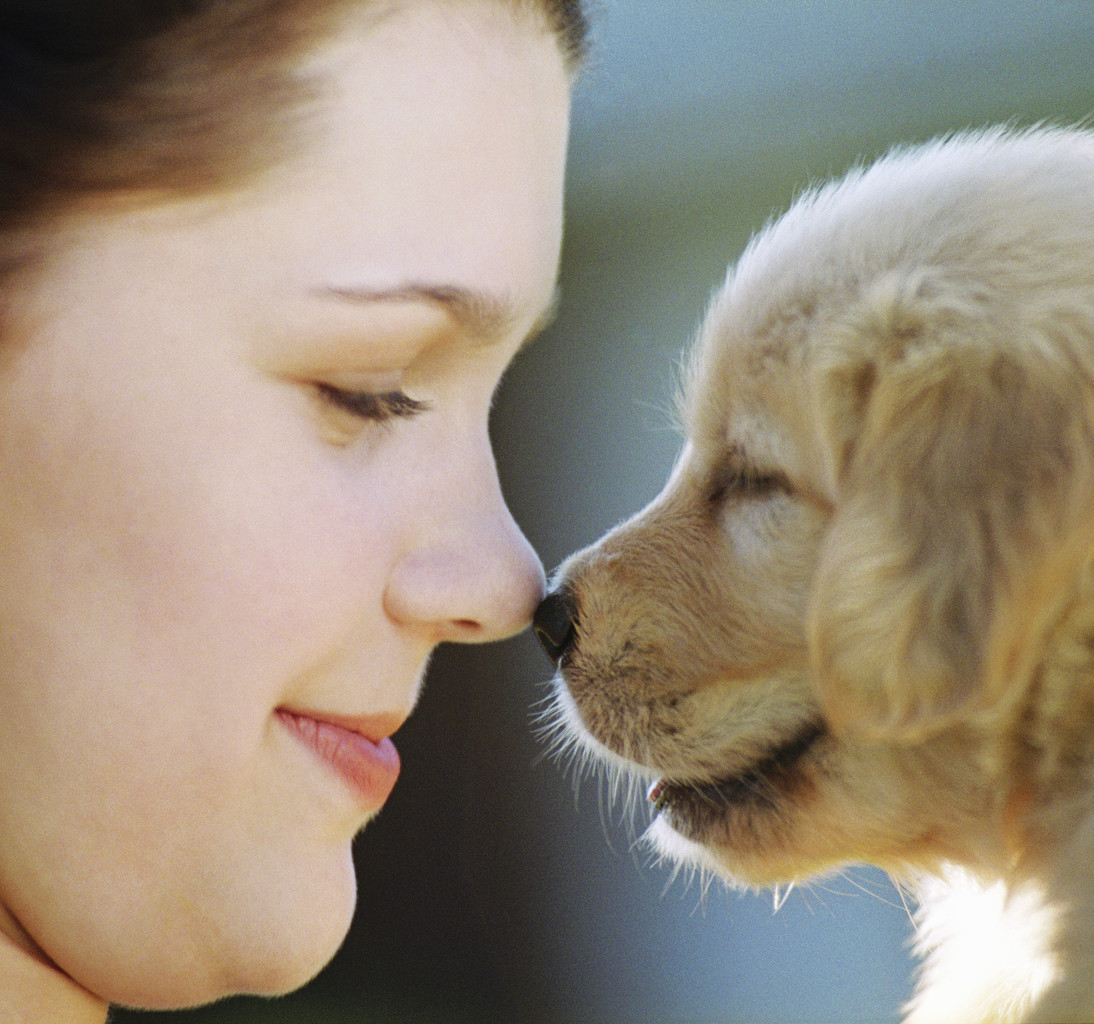Sudbury Vets Discuss the Severity of Canine Parvovirus
Canine Parvovirus is unfortunately a far too common virus seen by Sudbury Vets. Just as we immunize ourselves at different intervals of our lives, you canine companion also requires vaccinations to ensure that they have the proper immunity to fight off diseases.
What is Parvovirus? Our Sudbury Vets at the Barrydowne Animal Hospital want you to know that Parvovirus is a virus that attacks the immune system and gastrointestinal tract and typically causes diarrhea, vomiting, lack of appetite, dehydration and listlessness. It seemed to come to light around the 1970s and can be difficult to diagnose based on symptoms alone. To properly diagnose, prompt in clinic tests are vital so that the appropriate treatment can be put into place. This virus is extremely contagious; it strikes quickly and often there are no warning signs. The virus matures over a period of about five days and can be carried on your dog’s feet and hair as well as on crates and shoes. Often dogs require intensive care on intravenous fluids for three to seven days in an isolation ward cared for by your Sudbury Vets. Unfortunately, even with intensive care, many dogs still succumb to the disease. If left untreated, a puppy is up against a 90% mortality rate BUT with treatment the survival rate is over 80%. Definitely numbers that will make you stop and think. Your puppy deserves every fighting chance and that’s why our Sudbury Vets encourage you to fully vaccinate your new furry friend and continue doing so throughout their lives.
How can you prevent Parvovirus? Fortunately, this disease is preventable and immunity is developed through a set of routine vaccines given by your Sudbury Vets. Vaccines can be started as early as 6 weeks of age so don’t delay bringing your new puppy in for its first head-to-toe physical exam and first set of vaccines. However, that first vaccine at 6 weeks of age will not convey full protection. Puppies need 3 sets of vaccinations done 3-4 weeks apart and the last set will need to be given over 12 weeks of age. Our Sudbury Vets want you to know that until your puppy receives all three sets of vaccines they can still fall ill from parvovirus.
How can you protect your new puppy from Parvovirus until it is fully vaccinated? Parvovirus is shed in the feces (poop) of infected dogs and is very resilient, living in the soil and the environment for months. Our Sudbury Vets say that picking up the virus could be as simple as your new puppy stepping in a contaminated area and licking its paws or ingesting contaminated grass or feces! So until your new puppy is fully vaccinated it is best to avoid areas of high dog traffic: parks, pet stores, and the grass beside the sidewalk or even in your own front yard! Your new puppy can socialize with fully vaccinated dogs but it would be best to avoid other young puppies that have not been fully vaccinated. Our Sudbury Vets want you to know that this disease is resistant to most household cleaners. A diluted bleach concentration is the most effective disinfectant and must be left on contaminated surfaces for at least 20 minutes before rinsing.
What about older dogs that have not been properly vaccinated? Can they still get Parvovirus? Any dog of any age that does not have proper immunity can get Parvovirus. Your Sudbury Vets have seen dogs with Parvovirus from puppyhood up into their senior years. Puppies and seniors can be especially vulnerable if not protected as their immune systems may have more difficulty fighting off the virus.
Parvovirus is a preventable disease and vaccines are highly effective in preventing illness so don’t delay in getting your dog vaccinated with our Sudbury Vets. Prevention is the best protection and that begins with the proper vaccinations right from the start and is reinforced by maintaining your canine companion’s yearly vaccine schedule. If you have any questions related to Parvovirus or if your furry friend is showing any signs or symptoms please contact your Sudbury Vet immediately. Remember, early detection can make the difference between life and death!! For more information on Parvovirus call our Sudbury Vets at the Barrydowne Animal Hospital at 705-566-4243.
Don’t forget to visit our website at www.barrydowneanimalhospital.com or our Facebook page at www.facebook.com/BarrydowneAnimalHospital for other valuable information on keeping your pets happy and healthy!!


